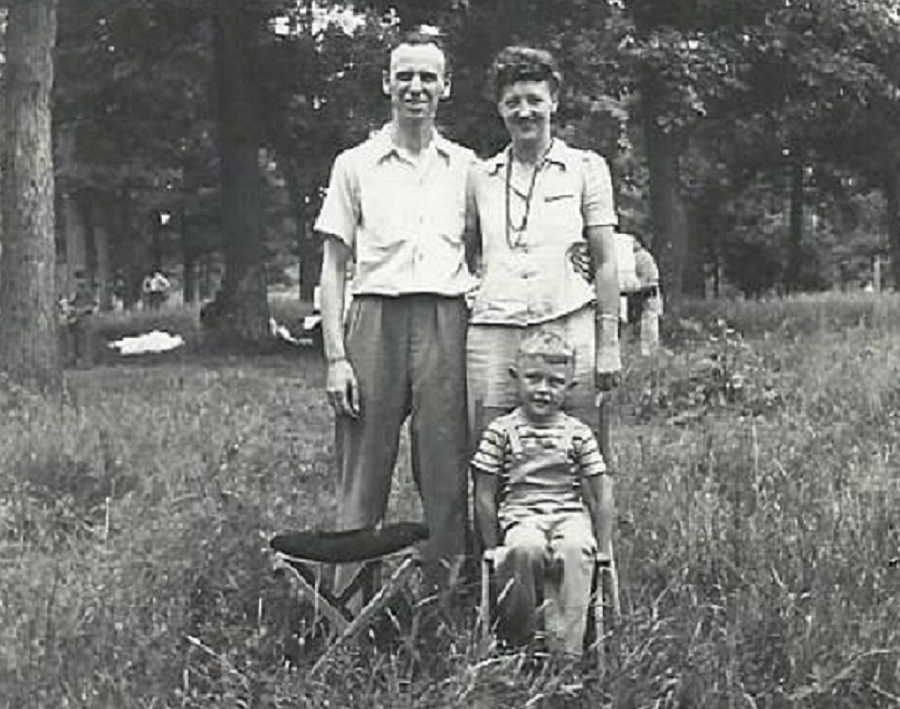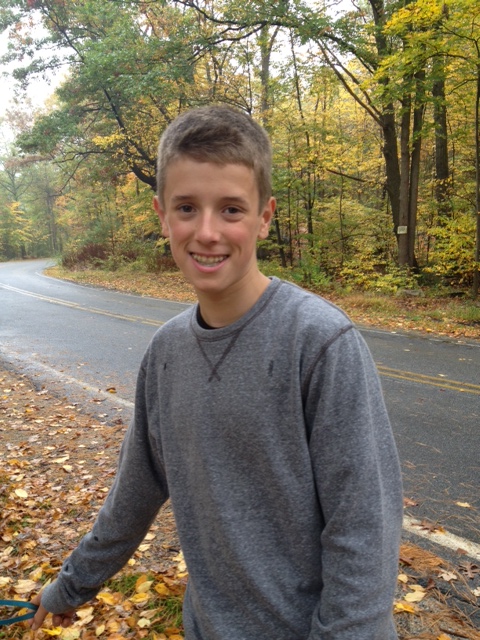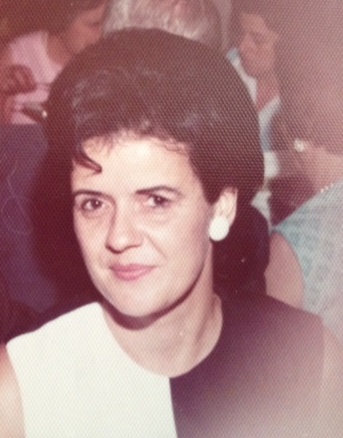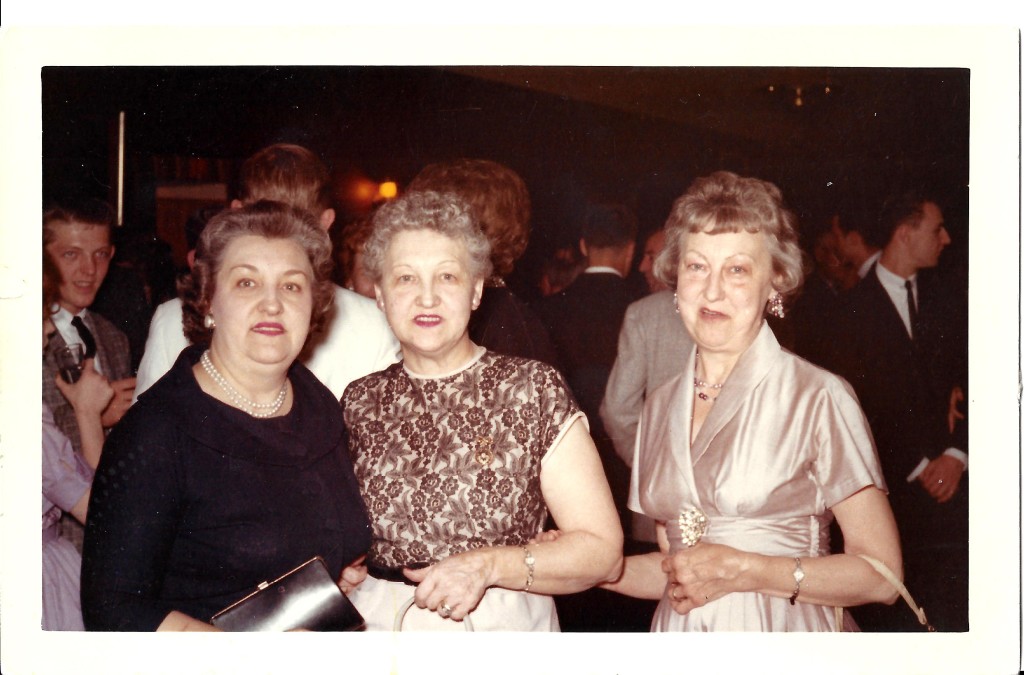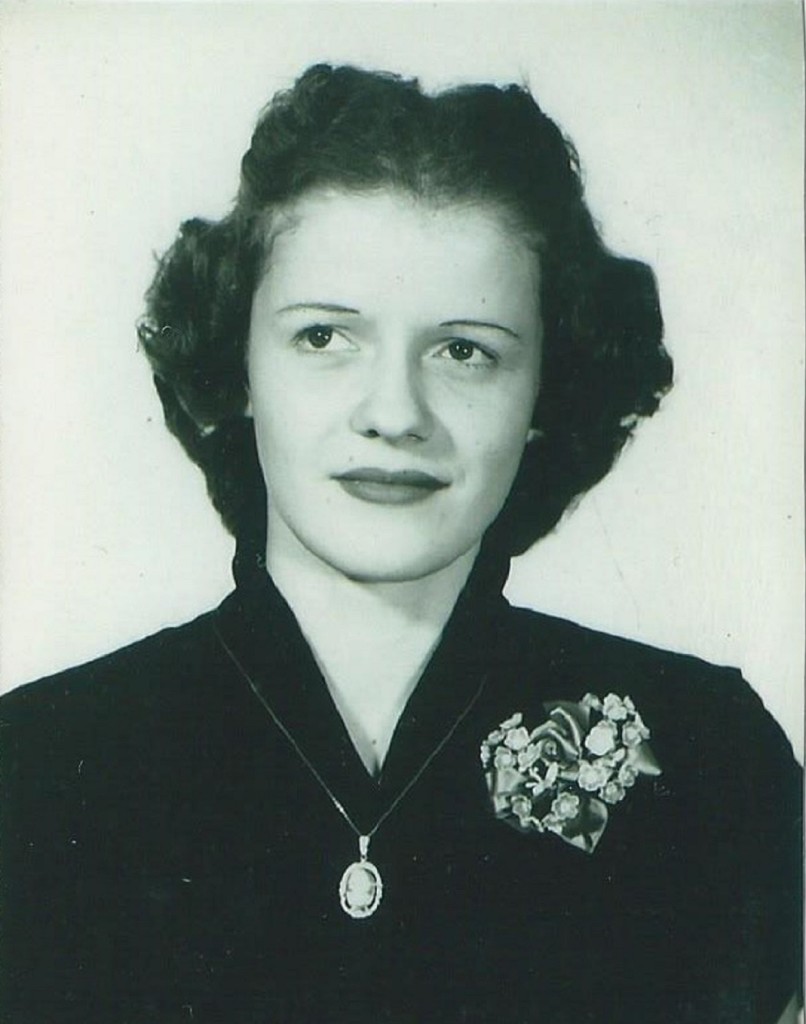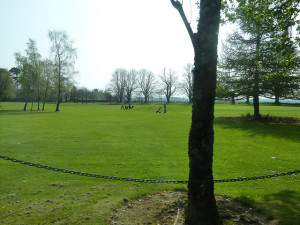As adopted adults, we all want to know about the diseases that run in our families. A couple of weeks ago, I wrote about uncovering my medical history and learning about my family’s health problems.
Well, I’ve got to be honest. Digging up the truth about my mother, Lillian, has caused me pain. My heart sank when I first talked to my mother’s sister-in-law, Carolyn, a friendly woman who I called out of the blue over Labor Day weekend. Carolyn told me Lillian had a problem with alcohol and mental illness and she was not the only one in her large family to struggle with those demons.
Oh boy. Those are not the first things I wanted to hear about the woman who brought me into the world, a woman I never knew but my first mother all the same. I felt like a heavy weight had just fallen on me. It really hurt.
But, I reasoned, Carolyn didn’t know Lillian all that well and didn’t really like her. What she remembered about Lillian was not flattering. I didn’t want to take Carolyn’s word for it so I called other people who were close to Lillian. They confirmed what Carolyn told me.
Lillian may have suffered from bipolar disorder. My mother’s best friend, Nancy, recalled the time she and Lillian were at Nancy’s home and they were peeling potatoes. My mother told Nancy, “those voices in my head are telling me to kill you.” Nancy replied, “tell those things to go to hell.” She took the knife away from Lillian, sat her down and offered her beer. Before long, Lillian was fast asleep.
You can’t pass judgments on someone with breast cancer, which is what killed my mother, but you react differently to mental illness and alcoholism. They carry a stigma. It would have hurt me less if I had learned those truths after learning other things about my mother – her hobbies, family background, religion, politics, favorite books or movie stars. When you go on this type of journey, you swallow hard and take the discoveries as they come.
Bipolar disorder is a serious mental illness characterized by sweeping mood swings During manic periods, people can become extremely talkative and behave recklessly. It lowers inhibitions and causes people to make bad decisions. The high periods can morph into dark periods in which people feel irritated or angry. During depressed periods, people can experience a loss of energy, feel sad or worthless, and have trouble sleeping. Many people who are bipolar also suffer from alcoholism.

Suat Eman/FreeDigitalPhotos.net
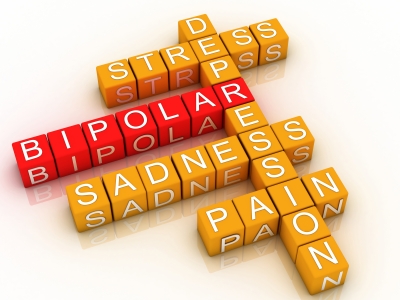
David Castillo Dominici/FreeDigitalPhotos.net
My mother ran around with guys. That’s how I came into the world, according to people I’ve talked to who were close to Lillian.
Lillian and her family lived modestly but one year, my mother spent an eye-popping $5,000 on Christmas. Lillian’s husband cut up the credit cards and Lillian proceeded to trash everything in the refrigerator.
If I didn’t know about her health problems, I would hold those shenanigans against her. What kind of wife and mother goes out with other men? Why wasn’t she home with her family? How does a mom with four kids (five if you count me, the secret child) have the time or energy to run around? How could a responsible woman blow that kind of cash on Christmas? That was an astronomical sum of money for her family, as it would be for many families, mine included.
Risky sex and spending sprees are not uncommon for people with bipolar disorder.
Learning about Lillian’s problems with booze and mental illness help me understand and excuse her behavior. I think the voices in her head, mixed with too much beer and whiskey, explain why she did the things she did.
Alcoholism and bipolar disorder run in families. Lillian and I share genes but we never shared our lives together. We had very different childhoods. Lillian grew up poor in Depression-era Indiana. She was a “welfare child,” as the U.S. Census described her, and she lived with at least two foster families. I grew up in Chicago in a comfortable, lower-middle class home with my adoptive parents and sister, Melissa. We lived in the same house throughout our childhood.
I am one of the calmer people I know. I hate drama and try to keep my life on an even keel as much as possible. I’m not bipolar. I’m also not an alcoholic though I enjoy wine.
I wonder if mental illness, alcoholism and other forms of addiction were common problems for birth moms who gave their babies up for adoption.


